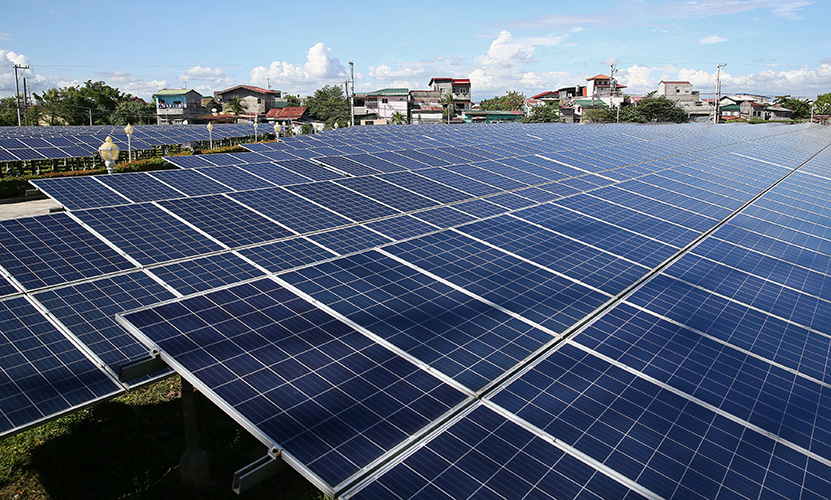Senator Win Gatchalian has filed a resolution seeking an inquiry into the government’s energy transition plan following the Department of Energy’s (DOE) move last year banning new coal power plants to accelerate the country’s shift to cleaner energy.

The Senate Energy Committee Chairman underscored the importance of the country having a clear energy transition framework to meet its commitments under the Paris Agreement which focuses widely on reducing Greenhouse Gases Emissions (GHG) through the Nationally Determined Contributions (NDC) which aims to reduce the country’s GHG by 70% by 2030.
“Until when will the coal moratorium be? How can other technologies fill in the gap left by coal and how do we ensure that power cost will not increase while ensuring continuous supply?” Gatchalian raised, saying that at this point it is uncertain if the moratorium that was issued by the DOE is in the context of a larger energy transition plan and what the higher targets are for Renewable Energy (RE) and alternative fuels within a specific timeframe.
“Investing in renewable energy is the win-win solution for sustained economic growth in the country. We can have cleaner air at a much cheaper price and RE investments can bring in lots of job opportunities especially since many of our kababayans lost their jobs during this pandemic,” he added.
Gatchalian took note that the country recorded a 5.4% jump in total GHG emissions from 123.3 million tons of CO2 equivalent (MtCO2e) in 2018 to 130 million MtCO2e in 2019. As of 2019, the power generator sector has the largest share in total GHG emissions at 53.2% followed by the transport sector at 27.3%. Moreover, the percentage of coal in the power generation mix increased to 54.59% in 2019 from 26.6% in 2009 while RE’s share in the power generation mix decreased to 20.79% in 2019 from 32.6% in 2009.
A study by the American credit rating agency Fitch Solutions showed that the Philippines is expected to continue its dependence on coal in the coming years with coal accounting for 59 percent of the country’s energy mix by 2029.
“Thus, there’s a need to look into the country’s energy transition plan, or lack thereof, in aid of legislation, with the end view of developing and ensuring an equitable, secure and sustainable energy transition,” Gatchalian said.


